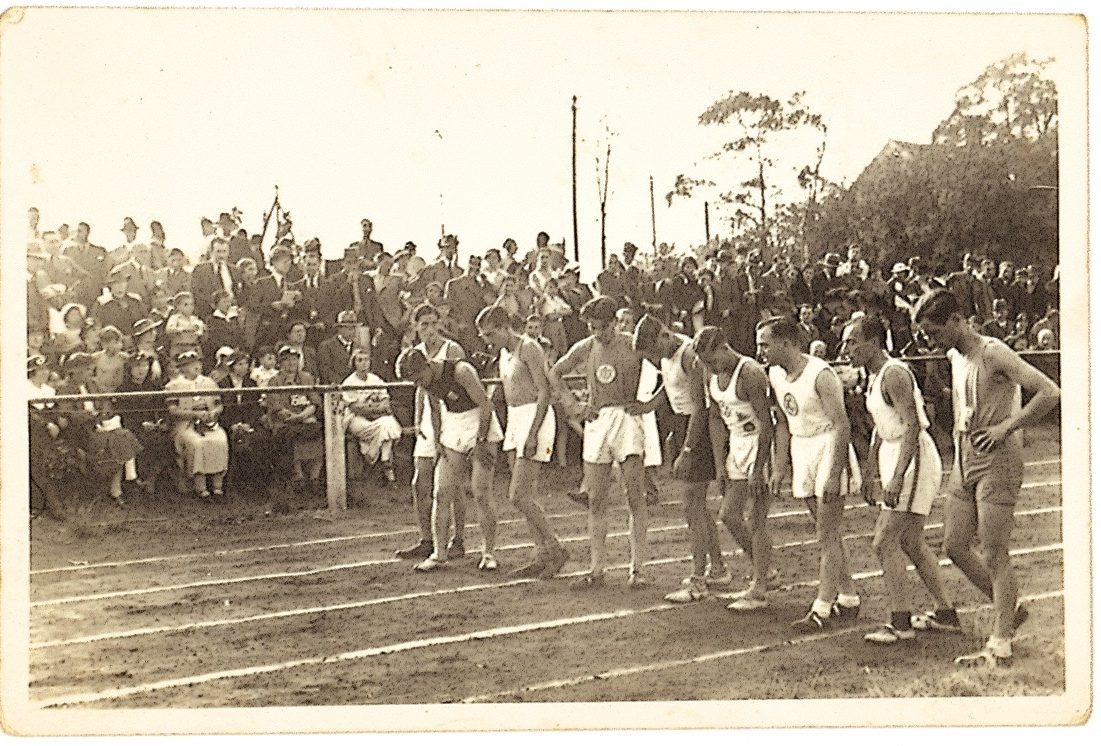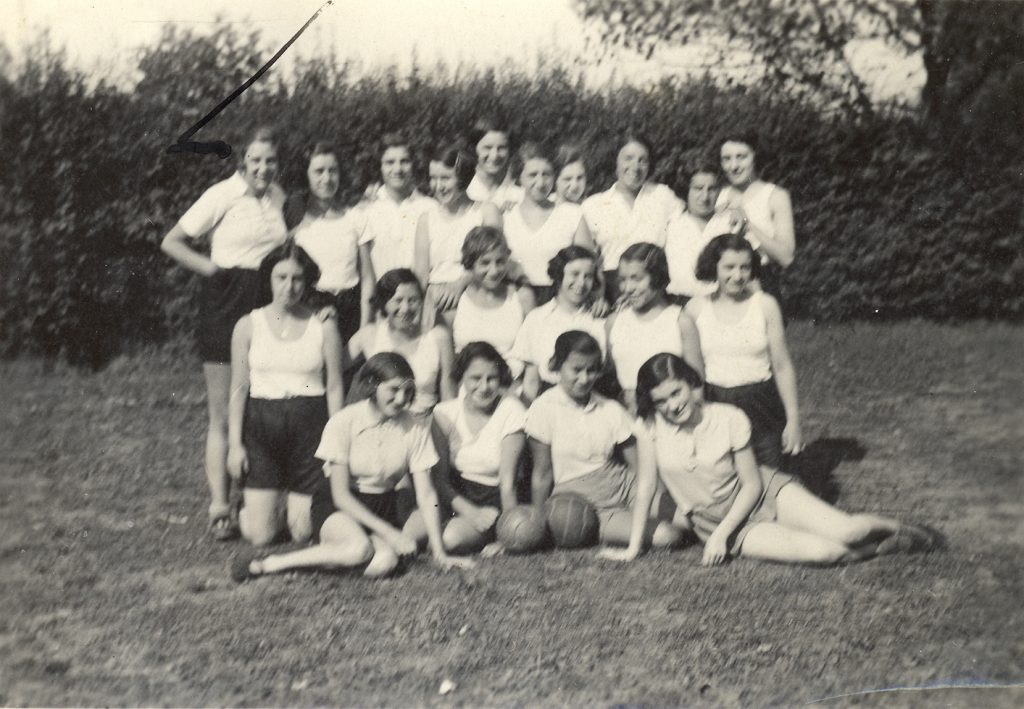Jewish Sports Clubs in Germany Before and After the Holocaust

Over the course of the academic year, Dr. Yoval Rubovitch, the recipient of our 2022 research grant, has worked on a project on Jewish sports clubs before and after the Holocaust.
Dr. Rubovitch’s work highlights, among other things, similarities and differences between the current German-Jewish sports association “Makkabi Deutschland” and its predecessor “Deutscher Makkabikreis,” which existed before the Holocaust.
Before the Second World War, Makkabi took upon itself the role of granting Jewish youth a refuge from antisemitism through sports, giving them a sense of Jewish nationhood, a Zionist education, preparing them for emigration to Palestine/land of Israel, and ultimately, the saving of thousands of Jewish lives by helping to organize this emigration through cooperation with other Jewish movements.
Today, Makkabi Deutschland is open to all, Jews and non-Jews alike. The more universalistic approach reflects the vastly different circumstances of German Jews today compared to the 1920s and 1930s, and differentiates it from its predecessor.
However, as in the past, antisemitism remains a threat in Germany, which affects the association’s aims and objectives. Fighting antisemitism is a core part of the association and distinguishes it from other clubs and associations. It seeks to fight antisemitism in Germany – first, by identifying the reasons it exists in German society, particularly among football and sports clubs, and second, by combatting it through education and sports activities.
In addition, Zionism and Zionist ideology still play a major role in Makkabi Deutschland’s identity. The association actively cultivates connections to the state of Israel but, in contrast to the old Deutscher Makkabikreis, does not actively try to convince and prepare young Jews to make Aliyah.


